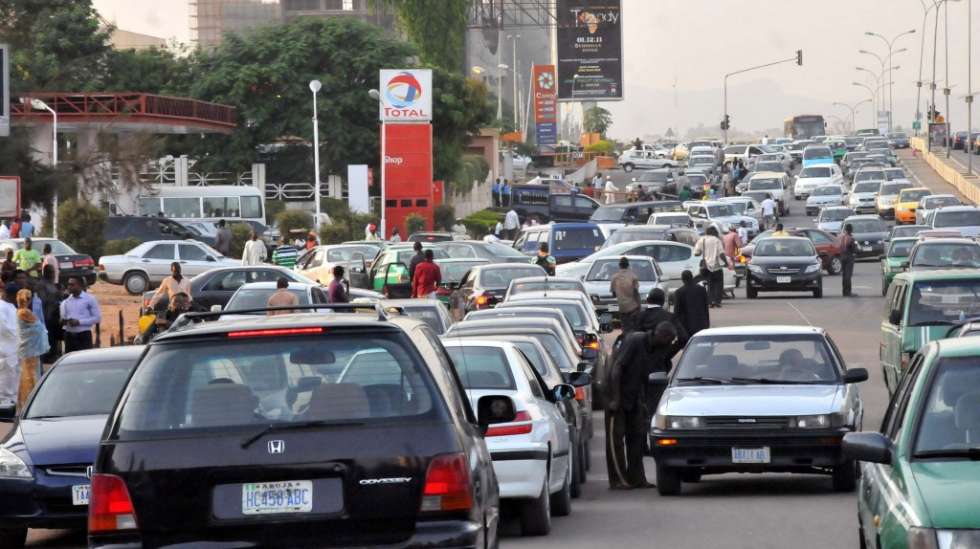Reduction in privately owned cars
May 26, 2017 | Expert Insights

Toby Seba, a Silicon Valley entrepreneur, Disruption and Clean Energy at Stanford’s Continuing Studies Program recently predicted that 95% of people wouldn’t own private cars by 2030. While this would be seen as a warning to the automobile industry, it is also an indication to bring about advance technology or strategies to the industry.
Decline of privately owned cars
Globally, there is already a reduction in the population that chooses to buy their own cars. With innovative strategies adopted by companies such as Uber that started Uber-pool, consumers have resorted to car-pool which eases expenses as well as has positive implications on the environment.
Singapore is known to have the most expensive cars in the world. This is because the government exercises exorbitantly high taxes and excise duties on cars. One of the major reasons this has been done is to reduce traffic in the country. Thus, citizens and residents resort to using public transport on a daily basis.
Google’s Waymo has designed self-driven cars which aims to make the modes of transport, safer. This is also one of the biggest examples of automation taking place. While these cars have not been fully introduced in the global market, they definitely mark a new era in the global automobile industry.
It is therefore evident why technology experts and economists feel that 95% of people may not own cars by 2030.
Assessment
With the reduction in the number of vehicles being bought, there will also be a reduction in the number of vehicles sold. This would thus, lead to a further decline in the oil and petroleum prices as there would be a lesser requirement for these energy sources.
It would also have positive implications on the environment as there would be lesser carbon emissions and traffic on roads.
While the positive implications overshadow the negative ones, the consequences on the automobile industry would be severe. With a reduction in privately owned cars, there would be massive unemployment in the industry as well as in automobile companies that advance with technology and automation.








Comments